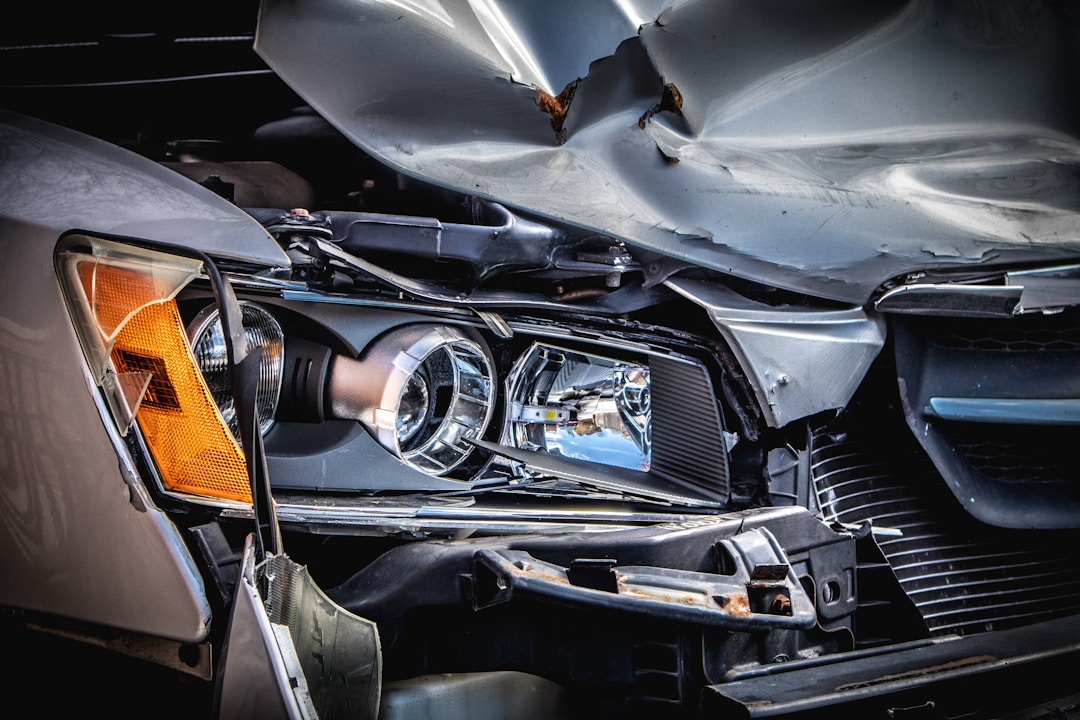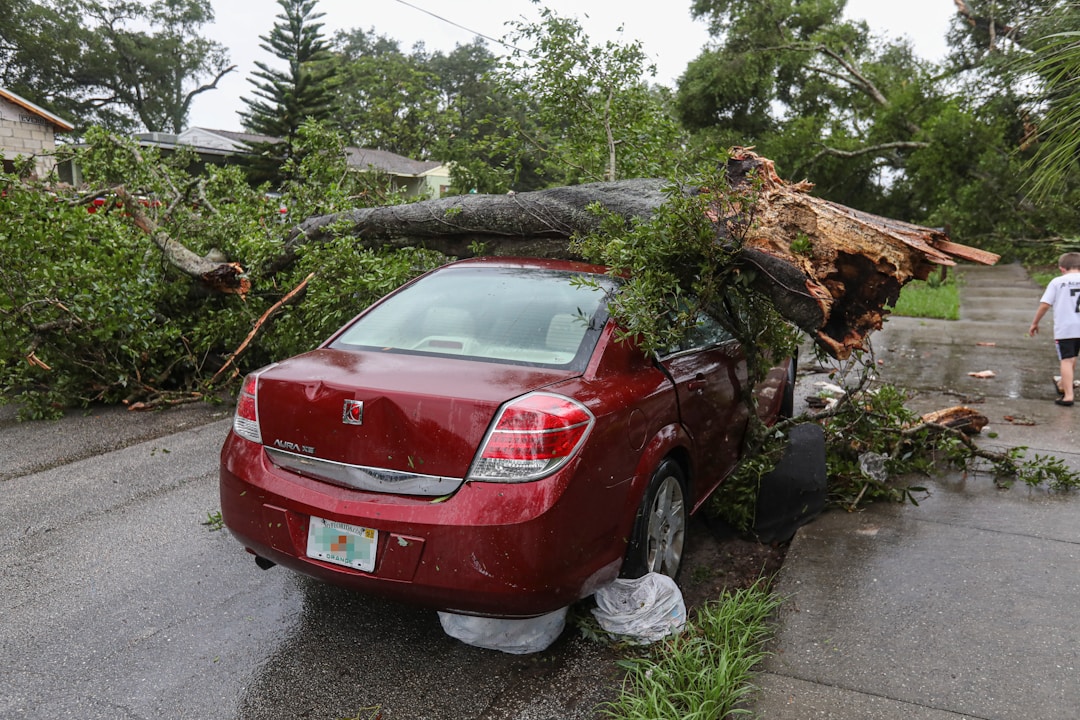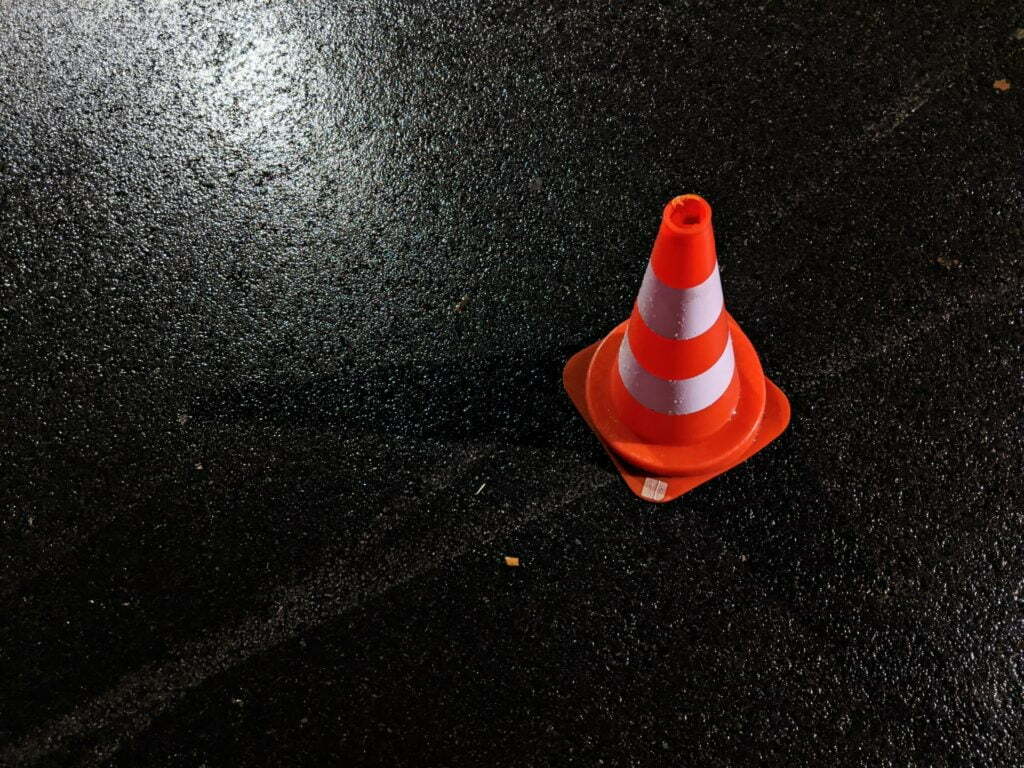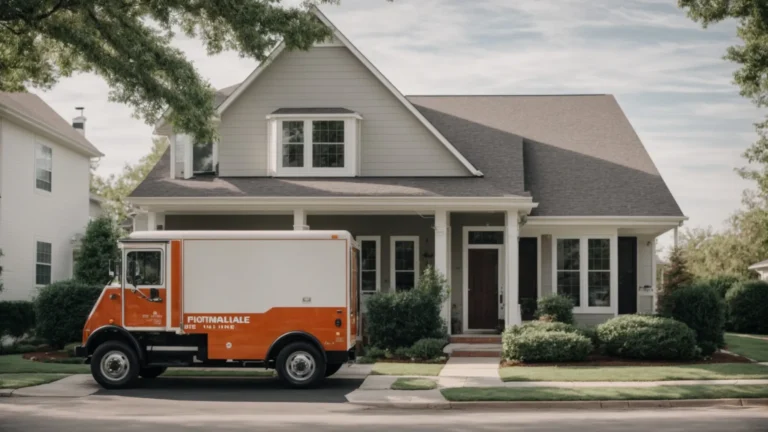A car accident can stay on your driving record for several years. No matter the magnitude of an accident, you should always report it to your insurance company. Many drivers think that insurance providers can’t increase their premiums if they never report an accident. The reality is that, should the other party raise a suit against you in the weeks or months following, your insurer could refuse to honor your insurance policy. Insurance rates increase following an accident to reflect the latest driver data that insurers have. An increase in your premium isn’t permanent, but it will stick for a few years.
It depends on who is at fault.

When you are the one who causes a car accident, more likely than not your insurance carrier will increase your policy premiums because you are deemed a risky driver. When you are not at fault for the accident, the at-fault party’s insurance should cover the cost of repairs to your car. There is a chance that your insurer will increase your premium depending on the number of accidents you have been involved in. This is possible if the at-fault party’s insurance coverage isn’t sufficient enough to cover the cost of repairs and you have to claim on your policy.
Comprehensive car insurance helps cover repair costs to your car in the event of a car collision, vandalism, theft, fire, and weather damage regardless of fault. The type of damage that collision coverage helps with includes the cost of repairs for your damaged car, as well as the other parties’ cars. Comprehensive coverage covers accidental damage as well, such as scratches or dings sustained in the driveway, and weather damage from natural disasters such as floods, tornadoes, and hurricanes.
At iSelect.com.au you can compare insurance products from a range of insurance companies to find the best type of coverage for your needs. From full coverage and liability coverage to comprehensive and optional coverage, it’s a good idea to shop around to find the best rate.
The claim amount and your driving record play a factor.

The amount of the insurance claim you file will factor into how much your premium increases. Causing property damage and bodily injuries to other parties results in a higher premium increase than hitting a tree in the driveway and damaging your car. Your driving record also plays a big role in the cost of your auto insurance policy. Moving violations such as speeding, reckless driving, and driving under the influence all determine your risk as a driver and ultimately, your premium.
You can lower your insurance rate post-accident.

Some insurance providers offer drivers an accident forgiveness program that waives the surcharges of the first at-fault accident. New drivers may be able to add the service for a small monthly fee, while long-term policyholders with good driving records can enroll for free.
It’s a good idea to speak with an insurance representative to discuss ways you can offset a rate increase. Some providers offer discounts for driving less, being a good student, or having a multi-driver policy. Other ways to lower your car insurance rate following a car accident are to increase your deductible, lower your coverage, shop for a new policy, or opt for a different car.
Whether the value of your car doesn’t justify the cost of repairs or your vehicle was deemed a total loss, the good news is that you can make money off your junk car. FV Umbrella offers some great tips for selling a wrecked car regardless of the type of damage. You could sell a hail-damaged or salvage title car to an online auto auction. You’d be surprised how many car buyers looking for a new car are willing to purchase a weather-damaged car for a fair price. Another good option is to sell your old car for top dollar to a junkyard for scrap metal.
Getting involved in a car accident will most likely have an impact on your insurance rate, but the good news is that an increase won’t be permanent.










